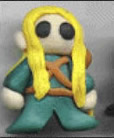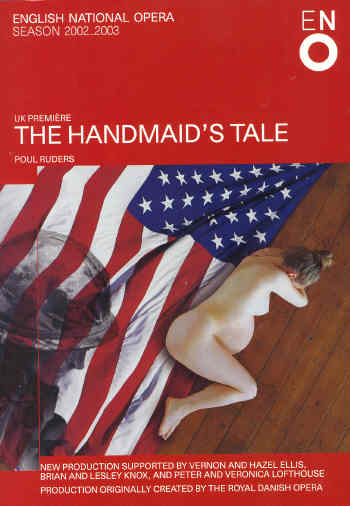Forum
Welcome Guest |
|
|---|---|
 Author Author |
Topic: |
|---|
| atalante_star |
|
||||||||
| Figwit |
|
||||||||
| Argonath |
|
||||||||
| atalante_star |
|
||||||||
| minuial_gil_estel |
|
||||||||
| Elenisil |
|
||||||||
| HoneyHobbit |
|
||||||||
| Nauma |
|
||||||||
| Morwinyoniel |
|
||||||||
| Miththoliel |
|
||||||||
| RubySandybanks |
|
||||||||
| atalante_star |
|
||||||||
| RubySandybanks |
|
||||||||
| Nauma |
|
||||||||
| RubySandybanks |
|
||||||||
| atalante_star |
|
||||||||
| LadyEowyn_Of_Rohan |
|
||||||||
| Hokeysmoke |
|
||||||||
| atalante_star |
|
||||||||
| Hokeysmoke |
|
||||||||
| RubySandybanks |
|
||||||||
| LadyEowyn_Of_Rohan |
|
||||||||
| Morwinyoniel |
|
||||||||
| Figwit |
|
||||||||
| atalante_star |
|
||||||||
| LadyEowyn_Of_Rohan |
|
||||||||
| atalante_star | |||||||||
| Eruantalincë |
|
||||||||
| ~tari~ |
|
||||||||
| curufinwefeanor13 |
|
||||||||
| estelglin |
|
||||||||
| Neenime |
|
||||||||
| cirdaneth |
|
||||||||
| Neenime |
|
||||||||
| Members Online |









 Masters in Mythology: gender equality?
Masters in Mythology: gender equality? .
.

 Perhaps a female would have calmed Ulmo a bit.
Perhaps a female would have calmed Ulmo a bit. 



